Top Natural Products for Hair to include in your Haircare Routine
Concerned about your hair health but not sure about the right ingredients for improving it? This is your sign to start afresh by learning about the ingredients and formulating your hair care routine that could solve all your hair concerns and doubts.
Developing a hair care routine that is compatible with your hair and its needs may take up a lot of time and effort, and most of the time, this process can seem quite overwhelming, leaving you at a dead end. But don't worry, we're here to help you formulate the perfect hair care routine for you in a matter of a few minutes! In this curated short guide, we provide you with a list of hair care ingredients and methods that you can try that are proven game-changers in the beauty industry. So without further ado, go ahead and check out these magical ingredients that can transform your locks in the most beneficial way!
Coconut Oil
There is no topic on healthy hair without bringing up the numerous benefits of coconut oil. Coconut oil is one of the most popular carrier oils used in hair care products including shampoos, conditioners, serums and oils. When it comes to ensuring hair health and regrowth, proteins are an essential component and coconut oil is known for its ability to retain the protein content of the hair through a routine application. According to previous studies done on the benefits of coconut oil on hair, it was shown that coconut oil could reduce the extent of protein lost by the hair, especially if it had undergone any kind of chemical treatment including hair colourants and bleach.
Research has also shown that the chemical structure of coconut oil, which mostly constitutes a medium chain fatty acid (lauric acid), enables it to penetrate deep into the hair follicles and nourish the roots. Coconut oil has been used as a popular ingredient in treating hair loss and inducing hair growth at a faster pace. known for its moisturizing properties which makes it an ideal ingredient to treat dry frizzy hair that is prone to damage. That being said, if your hair is subjected to heat or chemical treatment on a regular basis, choosing coconut oil for hair can help your hair maintain its natural health by preventing extreme hair damage.
Moreover, using coconut oil on hair benefits the natural structure and colour of your hair by acting as an effective shield against the sun's harmful UV radiation. So, to sum it all up, coconut oil is definitely one of the best ingredients that you can choose for your hair, which is rewarding in every aspect of your hair health.
How to use coconut oil for hair:
Coconut oil is one of the best ingredients to prepare a leave-in hair mask and conditioner. Since coconut oil is a strong carrier oil, it works well with almost every other essential oil while preparing a hair mask. Including beneficial oils like rosemary oil and lavender oil (a few drops will do) with coconut oil would be an ideal nourishing treatment for your hair. After applying the hair mask, make sure that you leave it in for a few hours before washing it off.
Rubbing your hair with a small amount of coconut oil after shampooing can give it a conditioning effect and leave your hair looking smooth and shiny. Also, applying coconut oil in trace amounts before and after showering can protect your hair from dryness and breaking off. Combining coconut oil with natural butters like mango butter and shea butter would also be a good choice for a homemade leave-in conditioner. When using coconut oil on hair, it is always encouraged to use warm coconut oil (preferably organic and virgin) so that the hair follicles can easily absorb the nutritional elements present in the oil.
Avocado Oil
If you are looking for the perfect fruit ingredients to treat your hair with, one word - avocados! Avocados are known for their abundance of vitamins and antioxidants and are particularly rich in biotin (a complex vitamin that is crucial for healthy hair, skin and overall functioning of the body). Apart from avocados in general, using avocado oil for hair growth is one of the most popular trends that has been recently hitting the DIY beauty industry. Not only does avocado oil help in improving the nutritional enrichment of hair, but it also prevents hair breakage by mending the hair cuticles and repairing the cells. Moreover, applying avocado oil on hair on a regular basis can increase blood circulation effectively around the hair follicles, thereby inducing hair growth at a faster pace.
Avocado oil is a carrier oil and can be mixed with various beneficial essential oils, which makes it a great base ingredient to prepare homemade hair masks and leave-in conditioners. Its excellent moisturizing and nourishing effects will leave your hair smooth, shiny, and fuller.
Ways to use avocado oil on hair:
Avocado oil, just like coconut oil, is a carrier oil and you can treat your hair by infusing it with lavender or peppermint essential oils (four to five drops for an ounce of avocado oil). This oil mixture gives an ideal hair oil treatment on your scalp, especially if it's flaky and inflamed. Both peppermint and lavender oils are known for their antimicrobial and anti-inflammatory properties on the skin. Massaging avocado oil with different beneficial oils and butters can increase the blood circulation around the hair follicles, strengthen the hair roots and promote hair regrowth.
Preparing homemade protein-rich hair masks based on avocado oil and egg white can be very beneficial in maintaining your hair health. If you are looking for a more nutrient-rich hair mask, mixing avocado oil with coconut oil and honey (1 tbsp each) along with one whole sliced banana in your blender can serve as an excellent nourishing treatment for your hair.
Honey
Looking for the perfect ingredient to prepare a DIY hair mask? Honey is your answer! There isn't a more natural ingredient that you can have in your self-care routine than honey, owing to its nutritional and medicinal benefits on the overall functioning of your body.
Known for its excellent antioxidant properties, using honey on hair, especially on a damaged and inflamed scalp, can boost the healing process and nourish the scalp with its vitamins, minerals and proteins. Moreover, honey can also be used as an effective conditioner, suitable for all hair types. Honey is a great moisturizing agent and can leave your hair looking healthy, smooth and shiny after application. That being said, preparing and applying hair masks based on honey for hair benefits the overall health of your hair and scalp, thereby preventing damage and hair fall in the long run.
Ways to use honey on hair:
Honey can be used in preparing hair masks based on your hair type and purpose using different beneficial ingredients. If you want to treat your dry damaged hair, using honey, combining it with olive oil would be extra beneficial and nourishing for your hair, as it moisturizes and smoothens your hair. Remember to boil the olive oil before mixing it with honey in almost equal amounts. Use a shower cap or a plastic wrap if the moisture is dripping off your hair after application.
Using honey on hair with apple cider vinegar (in the ratio of 2:5) would also be a good choice for cleansing a dandruff-ridden scalp. Apple cider is known for its anti-fungal properties, and working the mixture onto the scalp will get rid of all the dirt and impurities from the hair. Make sure that you leave the hair mask on for at least half an hour before washing it off with lukewarm water.
Aloe Vera
If there is one ingredient that you must have in your hair care routine, it is the amazing herb of aloe vera! From treating skin diseases to repairing damaged hair and scalp, aloe vera is considered one of the most beneficial herbs, commonly used in skincare and haircare products.
The gel that we obtain from the aloe vera leaves has the ability to seal the moisture of your hair, thereby repairing damaged hair and split ends. This moisture-lock property of aloe vera gel can also heal the dry and inflamed scalp and prevent dandruff by keeping the scalp cool and hydrated. Not only that, routine application of aloe vera on hair benefits the natural sebum flow in the scalp and can help with greasy hair. Unnatural sebum flow and excess oil production in the scalp can lead to various hair issues like excess hair fall and dandruff.
In addition, applying aloe vera gel on hair also offers UV protection to the hair and scalp, which enables it to preserve the shine and colour of the hair and makes it less prone to break off. Protection of hair against sunlight is an essential need when it comes to hair care, as overexposure to UV light can result in loss of natural strength and elasticity of hair strands and fading of hair. Applying a homemade aloe vera hair mask on a regular basis is enough to retain your hair's moisture and health so that you can embrace your mane in all its glory.
Tips to use aloe vera on hair:
The gel extracted from aloe vera leaves can be used to prepare beneficial hair oils, hair masks, and leave-in conditioners that you can customize according to your hair type. Aloe vera gel, along with coconut oil, can be an ideal hair oil capable of stimulating hair growth and making your hair look fuller and shinier. To prepare, start by peeling the gel off the aloe vera leaves and make it into a paste with the help of a grinder. Mix the gel paste with coconut oil taken in a pan while constantly stirring on a low flame. Once the mixture starts turning brown, transfer the oil mixture into a container and wait for it to cool down. After straining it, pour the oil into a bottle and store it for use.
You can also use castor oil instead of coconut oil if you are looking for a denser consistency for your oil. Essential oils like lavender oil and rosemary oil will be a great addition if you prefer scented hair oils.
Hemp Oil
Hemp seed oil, known for its medicinal and healing benefits on hair, is traditionally derived from the delicate seeds of the Cannabis Sativa plant. It not only promotes hair growth and thickens the hair, but it also replenishes the hair with its rich fatty acids. Hemp oil contains fatty acids like Omega-3, Omega-6 and Omega-9 that effectively promote hair growth. Routine usage of hemp oil on hair also thickens the hair density since it is abundant in vitamins and fatty acids that are beneficial for hair growth. Massaging hemp oil deep into your scalp can result in increased blood circulation around the follicles, thereby enabling faster hair growth.
Having hemp oil for hair care routine can help in improving the overall appearance of your hair. Hemp oil helps in the retention of moisture (moisture-lock capacity), leaving your hair shiny, moisturized and hydrated. Hemp oil is the main ingredient in hair care products specifically formulated for curly hair to embrace and accentuate those curls by keeping them moisturized, shiny and smooth.
Hemp oil keeps the hair moisturized and hydrated by trapping the water from being evaporated from the hair and scalp. Not all-natural oils have this moisture lock-in property, and not keeping in the moisture can lead to dry and frizzy hair. Moreover, because of its great penetration effect on hair, all the natural substances present in hemp oil reach out to every strand of your hair, resulting in healthier, stronger hair. Hair breakage is mainly caused due to lack of moisture, and using hemp oil in your hair care routine can improve your hair health as it moisturizes the scalp and hair and helps in the regrowth of new hair.
Ways to use hemp oil on hair:
Hemp oil works best on hair when it is combined with carrier oils like coconut oil, olive oil and castor oil, which are known for their beneficial properties on hair. Adding hemp oil in trace amounts to your leave-in conditioner or hair creams can also improve the overall health of your hair.
Make sure that the use of hemp oil must be limited to once a week or two, depending on your hair reacts to it. Also, when it comes to hemp oil, it is always encouraged to seek advice from your dermatologist before using it, since it may cause irritation of various kinds on some users.
Rosemary
Rosemary is already a popular ingredient in hair care products that are specially formulated to improve hair regrowth. Studies have shown that rosemary has the ability to promote nerve growth around the scalp region, thereby increasing the blood circulation around the hair follicles and inducing hair regrowth. Rosemary essential oil is commonly used as the main ingredient in reducing bald spots in both men and women, and those suffering from alopecia.
Speaking of its abilities in strengthening hair and inducing hair growth, rosemary oil is a great remedy for thinning hair since it induces blood circulation on the scalp, thereby delivering oxygen-rich blood to the hair follicles. According to studies conducted on rosemary's healing properties, it effectively stimulates hair growth at a faster rate if accompanied by the right kind of application and routine. That being said, rosemary oil helps in treating split ends and damaged, frizzy hair.
Apart from that, one of the main benefits of having rosemary oil in your hair care routine is its anti-inflammatory effect on the scalp. Studies have shown that rosemary oil has excellent anti-fungal properties and soothes irritated and itchy scalp. Rosemary oil is an age-old remedy for treating dandruff-ridden, flaky scalp. Routine application of rosemary oil on hair will ensure the overall health and nourishment of the scalp.
How to use rosemary oil on hair:
Rosemary oil can only be applied to hair when combined with carrier oils like coconut oil or olive oil. Rosemary oil can be a very strong ingredient on your skin and hair, and it can potentially cause irritation on direct application. Mixing it with carrier oils and natural butters can neutralize the harshness of rosemary oil on the skin.
You can also try adding rosemary oil in trace amounts (not more than 10 drops) in your shampoo, conditioner and other hair care products that you use regularly. Make sure that you do a patch test using rosemary oil on your skin before applying it for the first time, especially if you have sensitive skin.
Rosemary essential oil is also one of the best constituents to have in your hair mask. Not only does it weigh in on the net nutritional benefit of the hair mask, but it also leaves your hair with an invigorating and refreshing scent, unlike most DIY hair masks. If you are looking for such a sweet-smelling yet equally beneficial rosemary oil hair mask, try mixing coconut oil (melted, 1/2 cup), lavender oil and rosemary oil (about 12 drops each). Stir the mixture and after application on the hair, let it sit for a few hours (preferably overnight), after which, you shampoo it off your hair.
Mango Butter
Mango butter is traditionally known as the granary of proteins and vitamins in the beauty industry. Being a light natural butter, using mango butter on hair can effectively reduce hair breakage and provide hydration by penetrating the hair follicles. Dry hair is the key reason for the breakage of hair. The basic and vital step to include in your hair care routine is to moisturize your hair from the roots to the ends of your hair so that it stays hydrated, preventing damage. Hair breakage can also occur if your hair follicles lack nutritional treatment, which can also be treated with care with the help of mango butter since it is rich in proteins and vitamins essential for maintaining hair health. Mango butter contains vitamins like vitamin A and E, which promote scalp health resulting in better hair. It also contains other fatty acids which nourish and promote hair growth.
In addition, mango butter possesses excellent antibacterial properties, which result in a clean, healthy scalp. Not only does mango butter help reduce dandruff by healing the dry and flaky scalp, but it also protects the scalp from bacteria and external dirt. Having said that, mango butter is safe to use for people who have a sensitive scalp or suffer from other skin conditions. Using mango butter on hair benefits the scalp by soothing it and does not cause inflammation. Mango butter is mild by nature and is gentle to the scalp on application, making the scalp healthier.
Ways to use mango butter on hair:
Mango butter works great as a deep conditioning agent on the hair, especially if it is relatively thinner with less density. Treating your hair to a nourishing homemade conditioning hair mask combined with mango butter (2 tbsp), olive oil (1 tbsp) and honey (1 tsp) is ideal for retaining moisture and smoothness on dry, frizzy hair. You can also add a few drops of your favoured essential oil for extra scent on your hair after application. While preparing hair masks based on natural butters, always melt the butter first completely and then add the other ingredients to the molten butter.
If you want your shampoo or conditioner to be nutrient-rich, just adding mango butter to it can enhance the enrichment and hydration benefits of the product. Because of its deep penetration and excellent moisturizing properties, applying mango butter on hair is also used as a pre-shampoo treatment by leaving it on for about 30 minutes so that it preserves the moisture content of the hair, even after an intense shampooing session.
Shea Butter
From its impeccable moisturizing properties to its rich nutrient content, shea butter is at the front and center of the beauty industry at the present. Shea butter is known for its high moisturizing properties and for that reason, it can greatly help in preventing hair breakage and repairing split ends. It is also an excellent remedy for treating dry, frizzy hair for inducing a soothing and hydrating effect on the scalp and hair. It can reduce scalp irritation and inflammation. The healing effect of shea butter is also capable of treating itchy scalp and preventing dandruff. And because of its remedial properties on the damaged scalp, it may also promote the regrowth of hair.
Shea butter is a great ingredient to protect your hair from the harmful effect of UV rays. If your hair is prepped using heating appliances on a regular basis, using shea butter on your hair can protect it from heat damage and brittle hair.
How to use shea butter for hair:
Like most natural butters in the hair care industry, shea butter works well with almost every hair type. Shea butter can be applied directly onto the hair and scalp before shampooing (leaving it for about an hour) to ensure there is no loss of moisture from the hair.
Shea butter works well with most carrier oils, especially coconut oil and olive oil, making shea butter a great ingredient to have in your homemade hair oils. Having said that, shea butter is one of the most versatile ingredients in the beauty industry that works well with almost any hair care ingredient, so don't shy away from experimenting with shea butter when it comes to preparing homemade hair masks and hair oils.
Vegetable Glycerin
It is a known fact that vegetable glycerin is a vital ingredient when it comes to skincare products. It is one of the key constituents in moisturizing creams, soaps and lotions that are specifically designed for intense moisturizing action on the skin. But did you know that vegetable glycerin is a total game-changer in the whole haircare world as well? Including vegetable glycerin in your hair care routine can transform your hair by making it fuller and healthier with its impeccable moisturizing properties. Using vegetable glycerin for hair on a regular basis can greatly reduce hair breakage and repair damaged, frizzy hair with split ends. Also, studies have shown that using vegetable glycerin as a leave-in conditioner can help prevent dandruff by hydrating and cleansing the scalp effectively. Keep in mind that vegetable glycerin works best in a moderately humid climate and that it tends to absorb moisture from the atmosphere, depending on the level of humidity.
Tips to use vegetable glycerin on hair:
Being a natural conditioner and moisturizer, having vegetable glycerin on hair can help in reducing the frizziness of the hair by smoothening it out. If you want your conditioner to be extra conditioning, adding vegetable glycerin to your conditioner in the ratio of 1:5 can do the trick.
For the record, it is okay if you want to apply glycerin overnight for more absorption of moisture by the hair, but make sure that you combine it with coconut oil or olive oil. If you are a fan of incorporating aloe vera into your hair care products, glycerin works well with aloe vera gel, and when combined, the mixture can give a nourishing and soothing effect on the scalp and skin. Preparing an easy glycerin spray by mixing glycerin (2 tbsp), water (half cup) and a few drops of any essential oil (rosemary or lavender), will enhance the overall texture of your hair. A few sprays of this beneficial mixture can untangle your hair and make it smooth instantly, making it perfect for a hustle day!
Castor Oil
Castor oil is an age-old remedy in the beauty industry for its healing and moisturizing benefits on skin and hair. Being a nutrient-dense oil with an abundance of fatty acids, castor oil is a popular ingredient in hair care products for its impeccable ability in repairing and strengthening damaged weak hair. And for that reason, castor oil is an ideal ingredient for treating dry frizzy hair that is prone to breakage. Castor oil is also primarily used as a hydrator for dry, flaky scalp since its deep penetration abilities ensure that the nutrients and vitamins are all absorbed by hair follicles to a large extent. In addition to that, castor oil can enable the scalp to absorb other companion ingredients when used along with a suitable carrier oil.
When it comes to the DIY hair care domain, castor oil is quite beneficial in inducing hair growth, especially for thicker lashes and eyebrows. Although there is no direct scientific evidence of castor oil for hair growth benefits, it is one of the most favoured ingredients in treating hair loss and thinning of hair. Applying castor oil for hair benefits the overall health of your hair by preserving its nutrient content and moisture.
How to use castor oil for hair:
Castor oil can be applied directly to your scalp accompanied by a massage before the shower. Let it sit for a few hours after which, you can wash it off using shampoo. That being said, castor oil can seem stickier on the hair due to its thick consistency. Applying castor oil to damp hair or diluting it with water or a lighter oil (like grapeseed oil) can minimize this sticky texture of castor oil. Using castor oil on hair regularly can improve your hair texture and health by providing it with intense moisturization and nourishment. Blending castor oil with aloe vera gel and grapeseed oil can also benefit the hair from dryness and scalp inflammation.
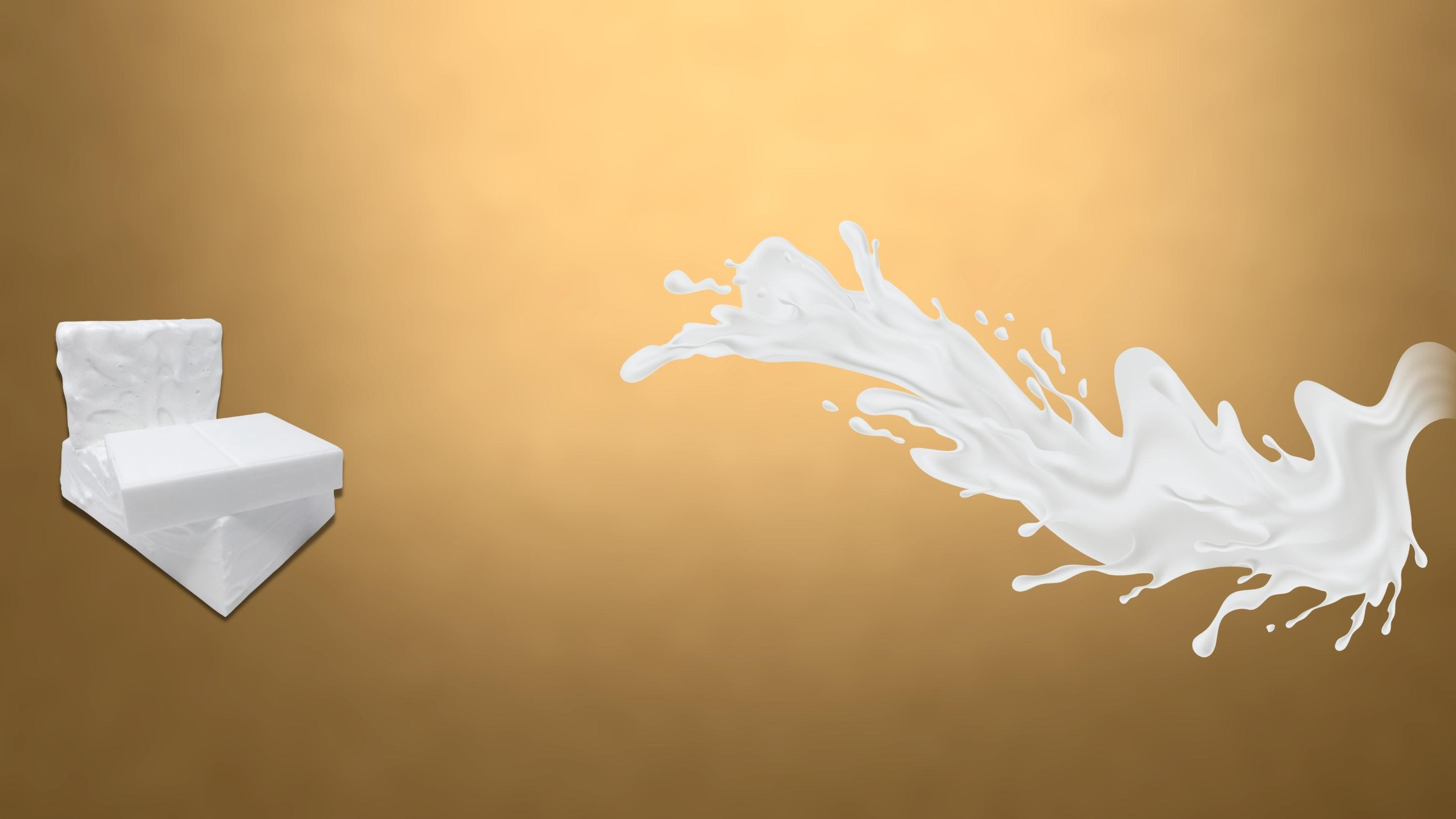
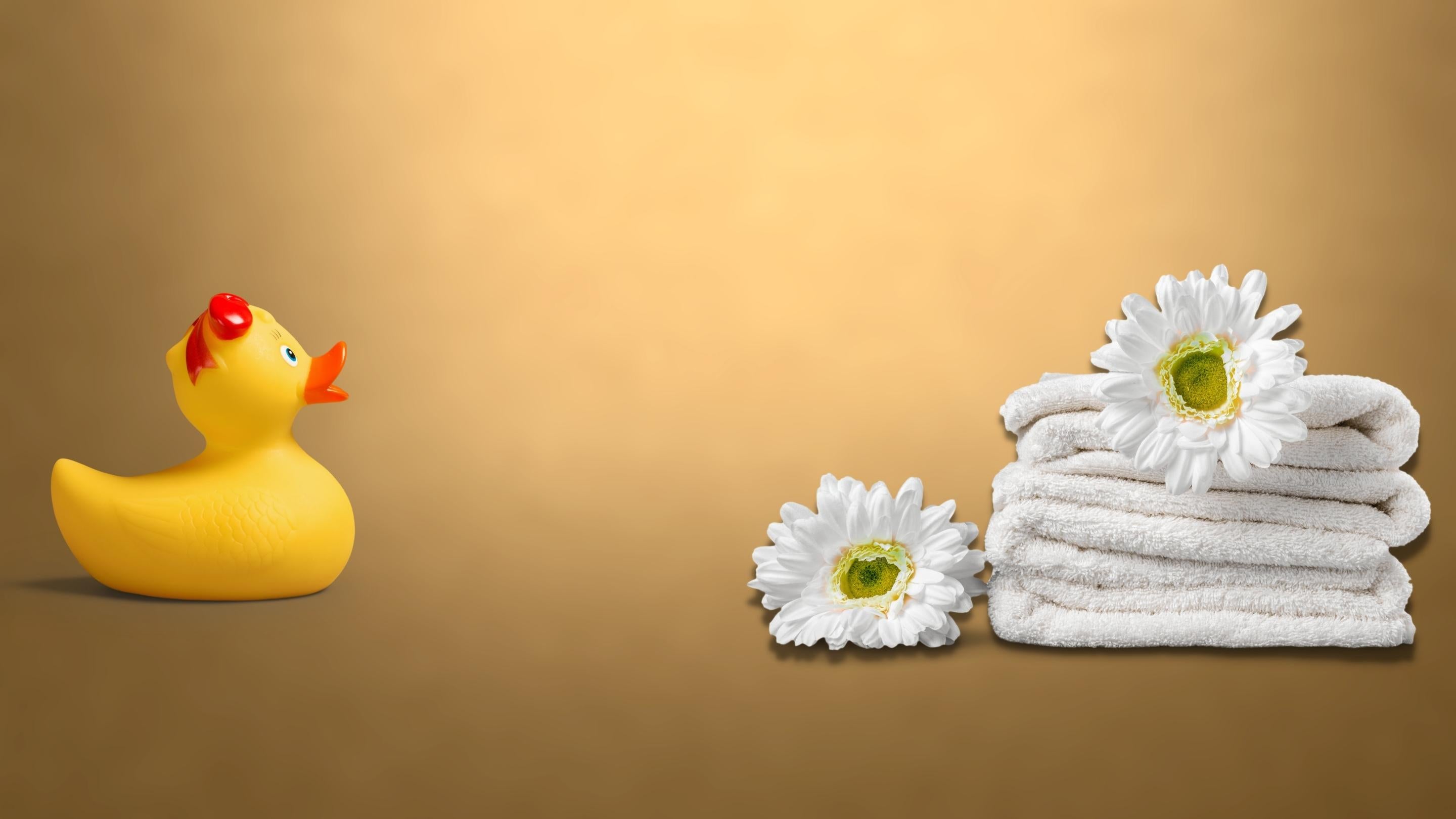
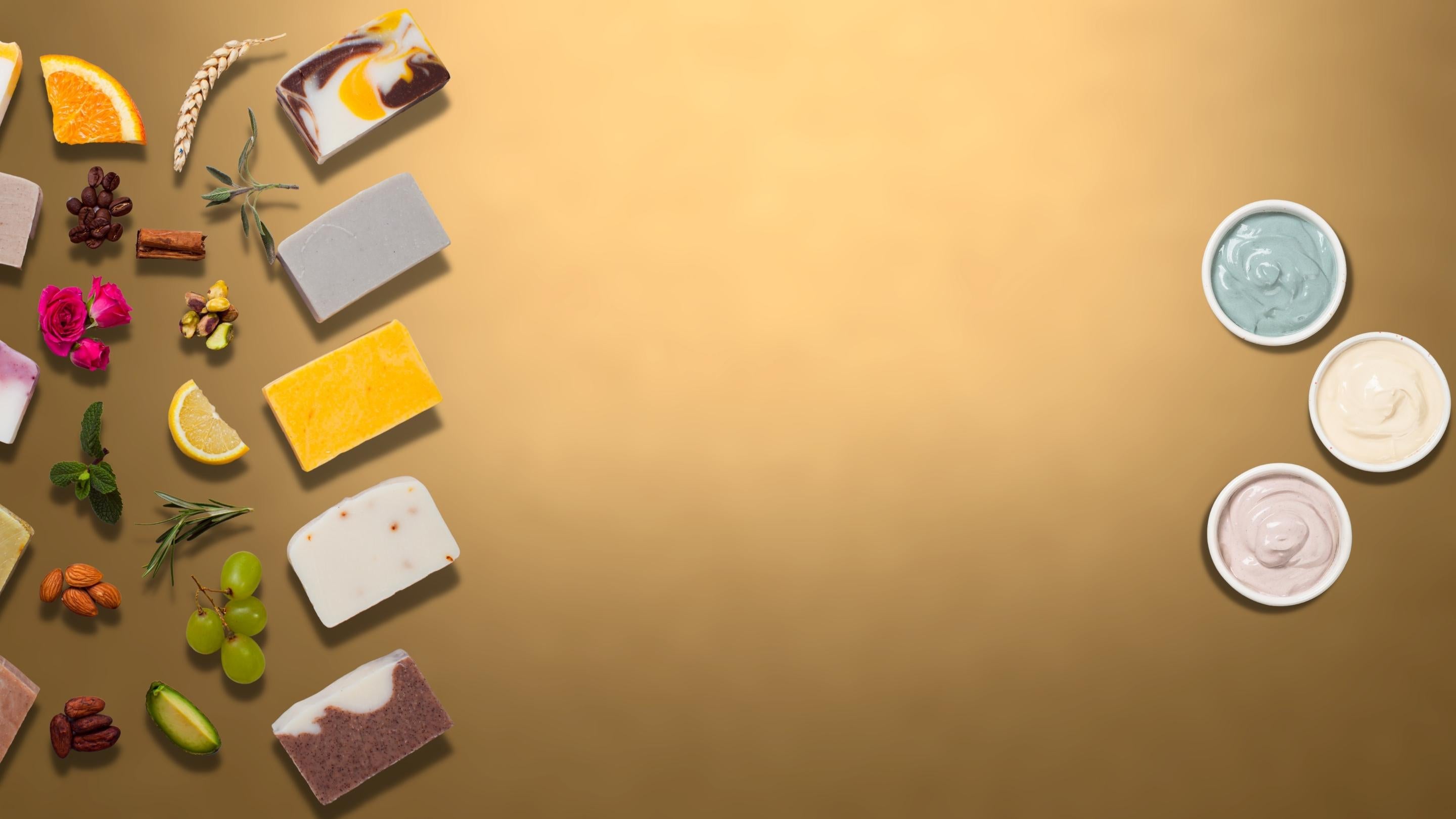


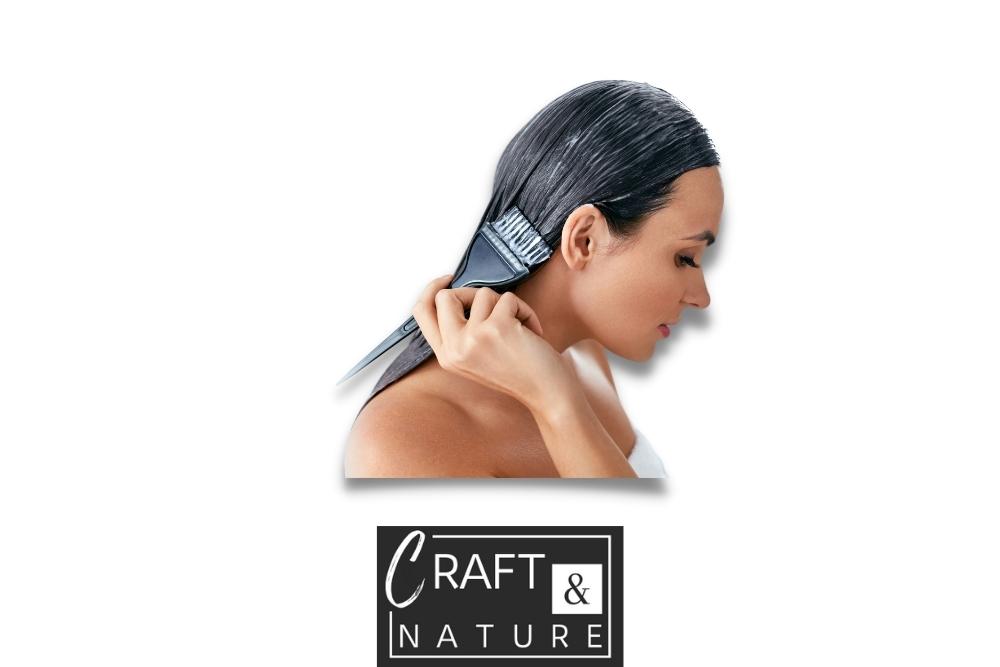
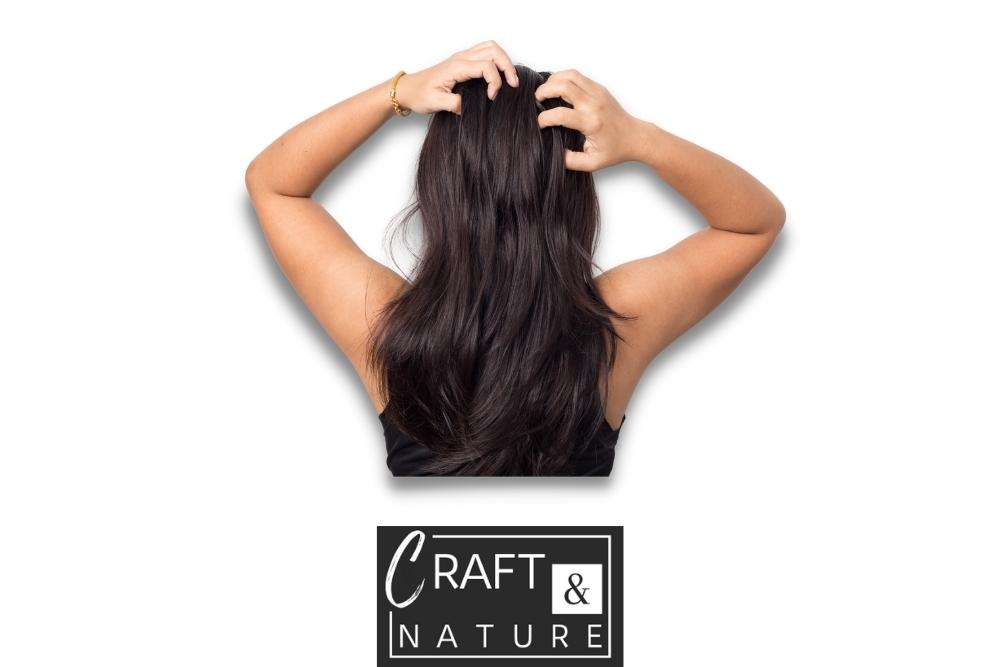
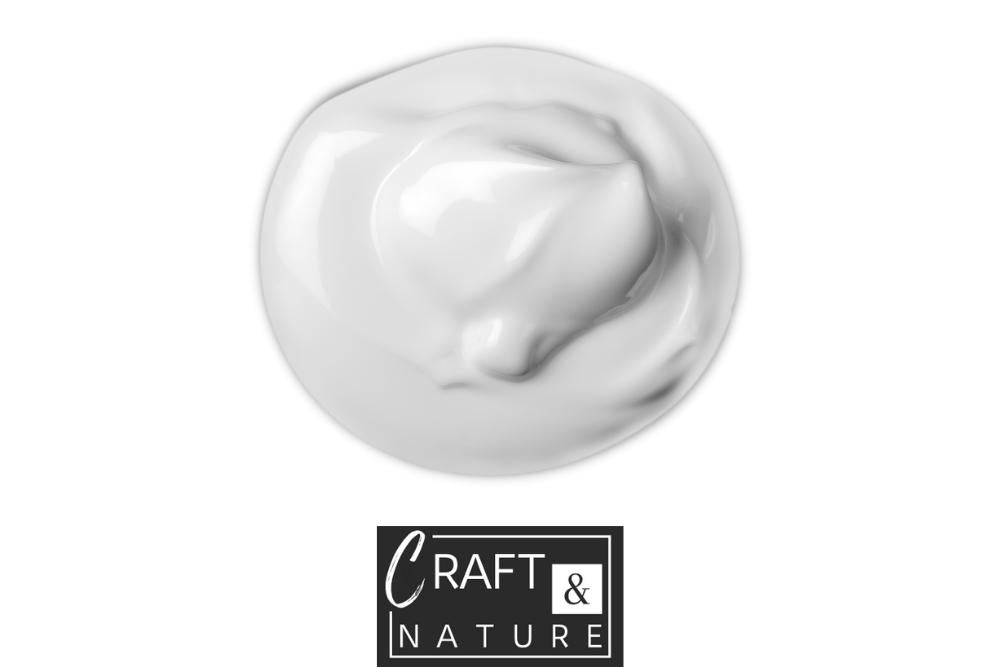
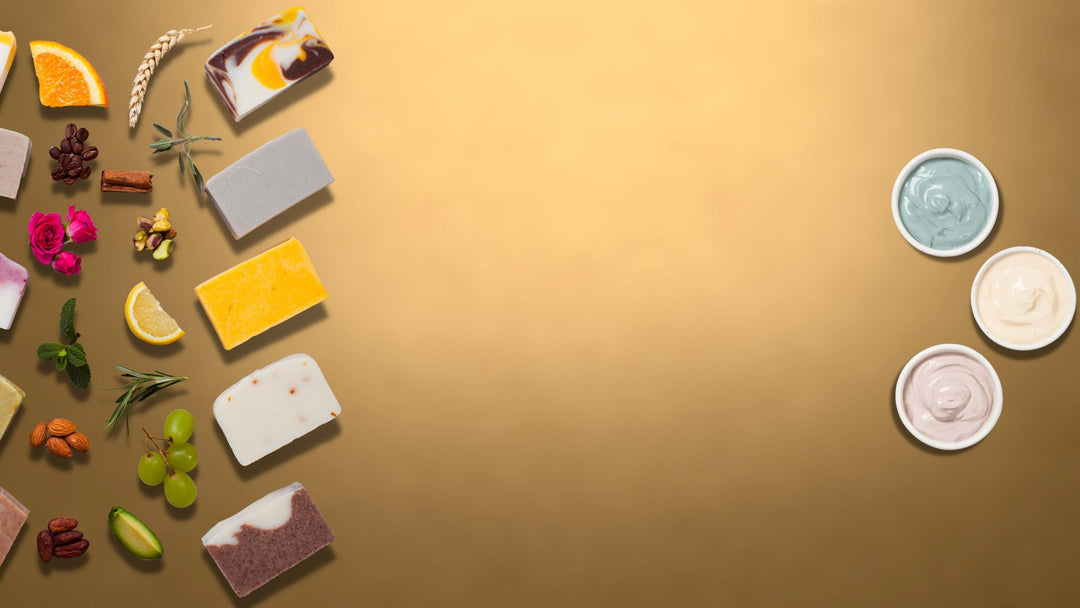

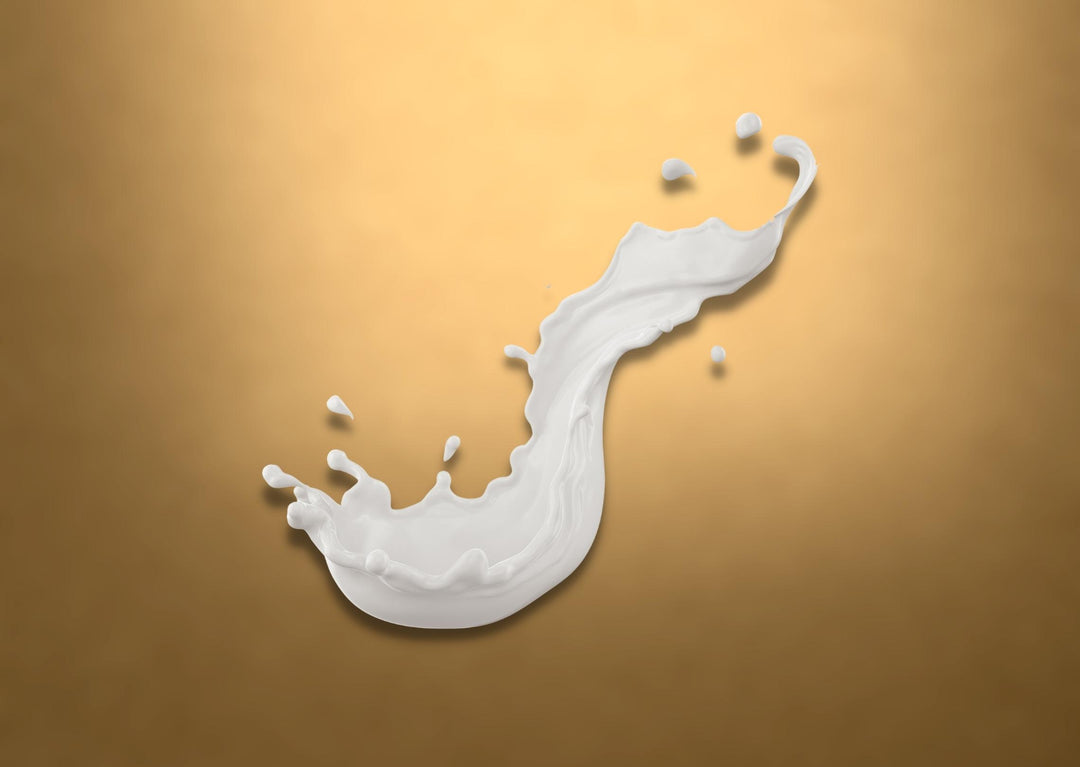
Leave a comment